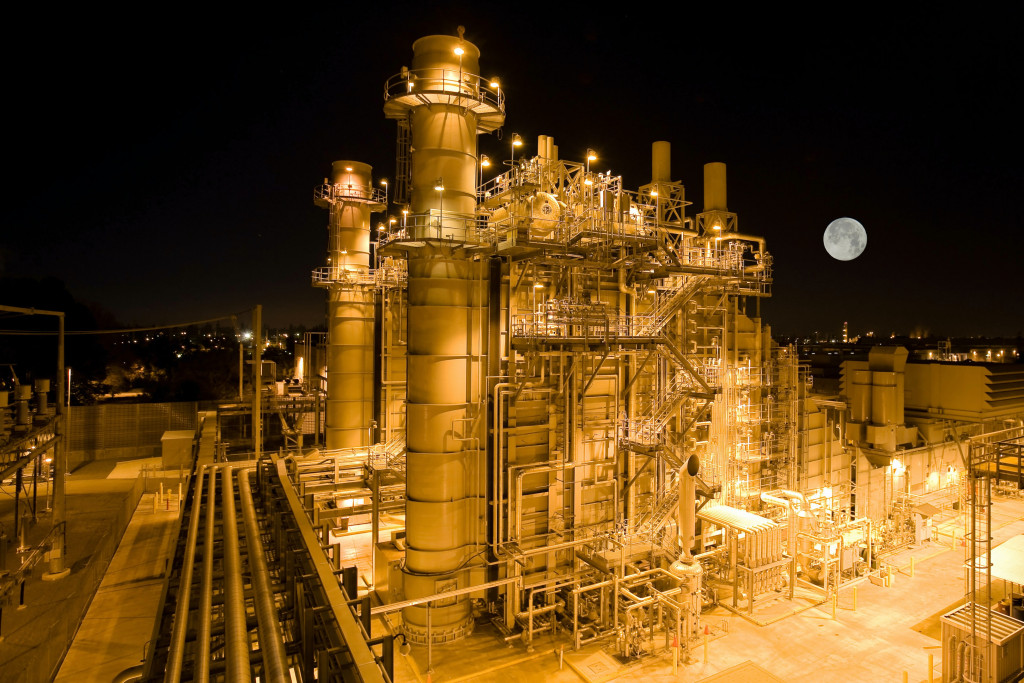

Bill of new gas law is approved by the House of Representatives
The bill, which proposes a modernization of the sector, will now be analyzed by the Senate
Subjects
The bill of law, which was approved on September 1st, 2020, by the Brazilian House of Representatives, proposes a modernization of the natural gas legal framework and, if approved without amendments by the Congress, will bring significant changes in the sector, replacing the current gas law (Law No. 11,909/2009). Now, the bill will be analyzed by the Senate.
Main changes
Among the expected changes, which affect the entire natural gas value chain – from upstream to downstream –, we highlight the following:
Access to
Essential Facilities
The current law expressly waives the guarantee of access to the production flow pipelines, natural gas treatment or processing facilities, and liquefaction and regasification terminals.
On the other hand, the bill ensures non-discriminatory and negotiated access of interested third parties to production flow pipelines, natural gas treatment, or processing facilities and to LNG terminals. The bill ensures that the owner has a preference for using the facility. It also sets forth more detailed rules on access, such as the creation of a code of conduct for accessing the infrastructure, which should establish rules for remuneration to be paid to the owner and objective criteria that must be included in the contract. Therefore, the bill brought more transparency to third parties’ access to such infrastructures. It also elects the Brazilian Agency of Petroleum, Natural Gas, and Biofuels (ANP) to be responsible for deciding on matters of controversy between the owner and the users.
Natural Gas Transportation
- Granting Regime: The current gas law establishes the concession regime for natural gas transportation (new gas pipelines).
- However, under the terms of the bill, natural gas transportation will be carried out
exclusively under the authorization regime. The change is positive because, in theory, it makes the process of building or expanding new gas pipelines faster and more efficient compared to the concession model brought by the current law.
- Contracting Capacity: Under the terms of the bill, natural gas transportation services will be offered under the entry/exit model, which may be contracted independently in the entry and exit points. The entry/exit model, in theory, may increase the liquidity and flexibility of the transportation network compared to the point-to-point model.
- Unbundling: The bill prohibits direct or indirect control or affiliation between transporters and companies or a consortium that performs activities of exploration, development, production, import, shipping, and commercialization of natural gas. It is also prohibited to choose members of the board of directors, executive officers, or legal representatives of companies that operate in such segments. The existing unbundling between the natural gas transporting and loading is established more limitedly by an ANP resolution.
- Market areas and area managers: The bill innovates by providing that transporters that operate in the same market area must appoint a manager, which is a regulated agent that will be responsible for coordinating the operation of transporters.
Definition and Classification of Gas Pipelines
The current gas law has a logic of “origin” and “destination” to classify the flow, transportation, and transfer gas pipelines.
The bill provides for some modifications in the gas pipeline definitions, especially concerning the transportation pipeline, which has an exclusive article to list its framing criteria. Although the bill has maintained the “origin” and “destination” logic for classifying gas pipelines, the changes detail the definitions in order to align the framing criteria with the reality of existing or ongoing projects.
Another positive highlight was the inclusion of an item that says that “Gas pipelines that do not fall within the definitions established under items XXIV, XXV, and XXVI of the head of the article, including those that connect processing or treatment units for natural gas, storage facilities, or LNG terminals to transport or distribution facilities, will be classified under the terms of ANP regulation […] “. ANP’s jurisdiction to create new classifications of gas pipelines gives greater flexibility and stimulates the creativity of investors in the development of new projects.
Underground Storage
Under the terms of the bill, natural gas storage will be carried out
exclusively under the authorization regime. This is a positive change, as it is a simpler granting regime when compared to the concession model brought by the current law. It is expected that this will stimulate investments in a segment that currently does not exist in Brazil and is necessary to create an effective, efficient, and liquid “gas market”.
Distribution and Commercialization of Natural Gas
- Definition of “distribution of piped natural gas”: The gas law does not provide for a definition of “distribution of piped natural gas”. For this reason, throughout the discussions on the bill, it was raised the possibility to define it expressly or not as services of commercialization of gas for the final consumer, in addition to handling services, which remained as a point of disagreement amongst different stakeholders.
The bill defines it as “provision of local piped natural gas services according to the provisions of
§ 2º of article 25 of the Brazilian Constitution”, basically replicating the definition of the Brazilian Constitution.
- Dedicated pipeline: As already provided by the gas law, the bill preserved the possibility for the free consumer, the self-producer, and the self-importer whose natural gas flow needs cannot be met by the state’s piped natural gas distributor, to directly build and set facilities and pipelines for their specific use. Similarly, it was also maintained that the tariffs applicable to such dedicated pipelines will be established in compliance with the principles of reasonableness, transparency, publicity, and the specificities of each installation. It is worth mentioning that the bill kept the rule that the definition of free consumers and the parameters for establishing the distribution tariffs, even of dedicated pipelines, shall be regulated by each state. However, the bill establishes that the ANP and the Ministry of Mines and Energy (MME) should work alongside the states towards the harmonization and improvement of local regulations.
- Independence of the Distributor: The bill prohibits those responsible for choosing members of the board of directors, executive officers, or legal representatives of companies or consortium that perform activities of exploration, development, production, import, shipping, and commercialization of natural gas to have access to sensitive information, exert the power to designate, or vote to elect members of the commercial, supply, or legal management of a piped gas distributor. Stakeholders will have 3 years as of the publication of the law to adapt to the new rules.
- Reduction of the market concentration: The bill authorized ANP to adopt mechanisms to stimulate efficiency and competitiveness, which may be: (i) reduction of the concentration of supply and mandatory transfer of transportation, production flow, and processing capacities; (ii) mandatory sale of natural gas by agents with high market share; and (iii) restrictions on the sale of natural gas between producers in the production areas.







